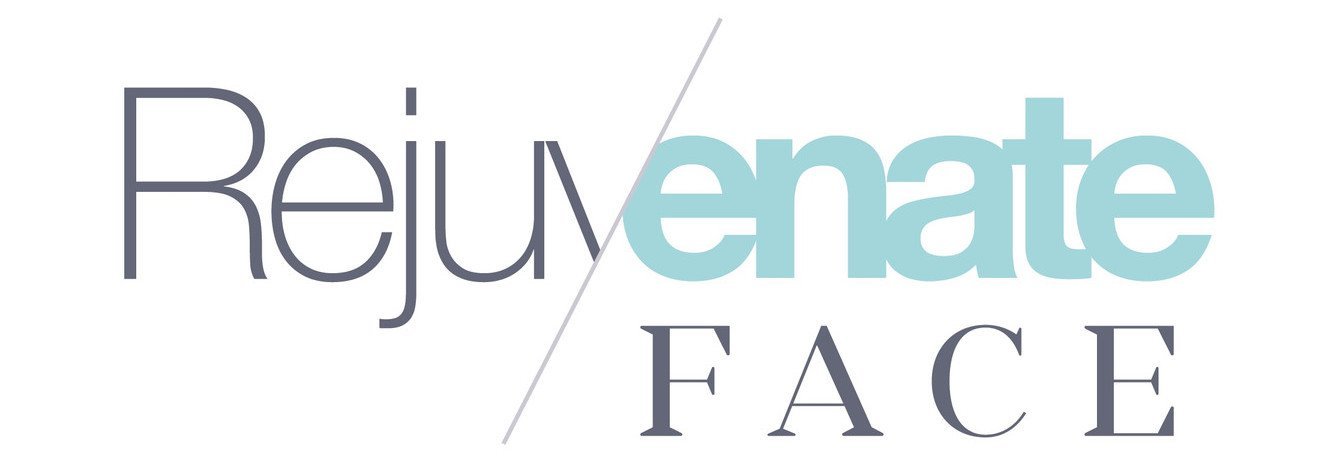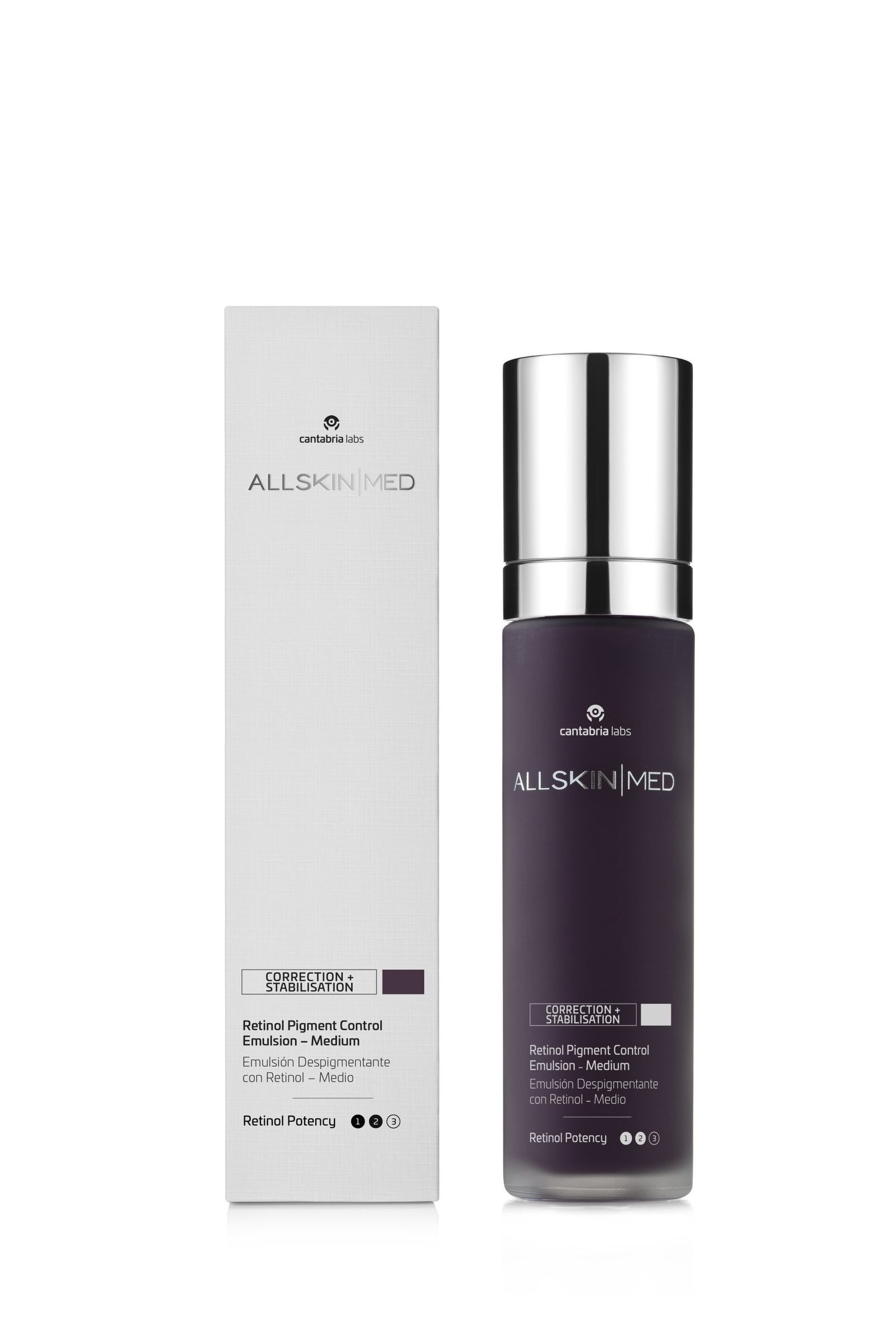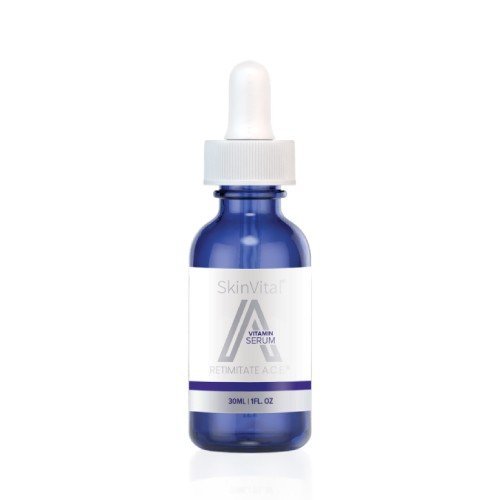Introduction
While wrinkles and sunspots often steal the spotlight, it’s crucial to understand that glycation is a silent yet significant contributor to ageing skin. In this comprehensive guide, we’ll delve into the world of glycation, its detrimental effects on your skin, and, most importantly, the effective skincare treatments and lifestyle changes that can combat its effects.
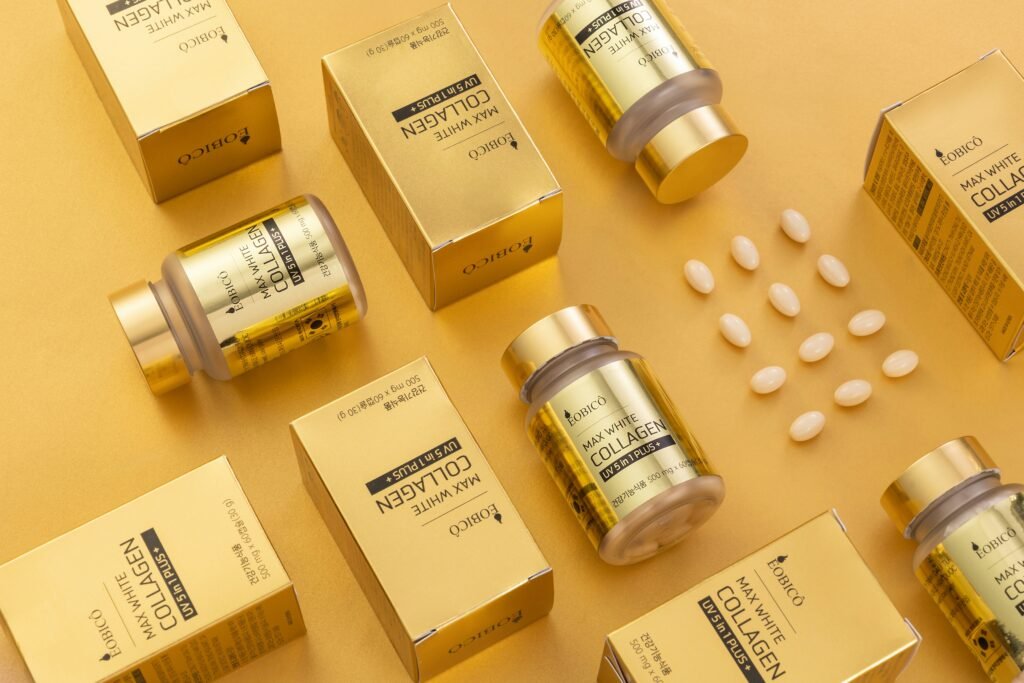
What is Skin Glycation?
Glycation happens naturally in our bodies when excess sugar binds to proteins, creating harmful molecules called Advanced glycation end products (AGEs). These AGEs affect collagen and elastin, the fibres that keep skin plump and bouncy. The result? Wrinkles, sagging, and a weaker skin barrier.
Skincare Solutions for Glycation
- Antioxidant Powerhouses: Embrace the power of vitamins C and E to combat free radicals, the culprits that exacerbate glycation. These potent antioxidants can significantly improve your skin’s health and appearance.
- AGE-Blocking Ingredients: Aminoguanidine and carnosine protect your skin’s proteins.
- Hydration is Key: Hyaluronic acid keeps your skin’s barrier strong and less prone to damage from glycation.
Professional Treatments to Reverse Glycation
- Chemical Peels: This professional treatment is a game-changer, effectively removing damaged skin layers to reveal a fresher, smoother complexion. It’s a powerful tool in your fight against glycation.
- Laser Therapy: Boosts collagen production for firmer, more youthful skin.
- Microneedling: Tiny injuries trigger your skin’s healing powers, generating new, healthy collagen.
Lifestyle Changes to Reduce Glycation
- Cut the Sugar: Take control of your glycation levels by reducing your sugar intake. Remember, the less sugar in your system, the less potential for glycation. This simple lifestyle change can have a significant impact on your skin’s health.
- Antioxidant-Rich Diet: Colorful fruits and veggies protect your skin.
- Stress Less: Stress raises blood sugar, fueling glycation.
The Takeaway
Recap: understanding glycation is the first step in giving your skin a fighting chance! By using the right skincare, seeking professional treatments when necessary, and adopting a healthy lifestyle, you can maintain your skin’s youthfulness and radiance for years to come.
How to choose skincare to combat skin glycation
- Antioxidant Serums: Look for serums containing Vitamins C and E.
- Moisturisers with Anti-Aging Benefits: Choose ingredients like carnosine or aminoguanidine for their anti-glycation properties.
- Hyaluronic Acid Products: Look for hyaluronic acid serums or moisturisers to improve hydration and barrier function.
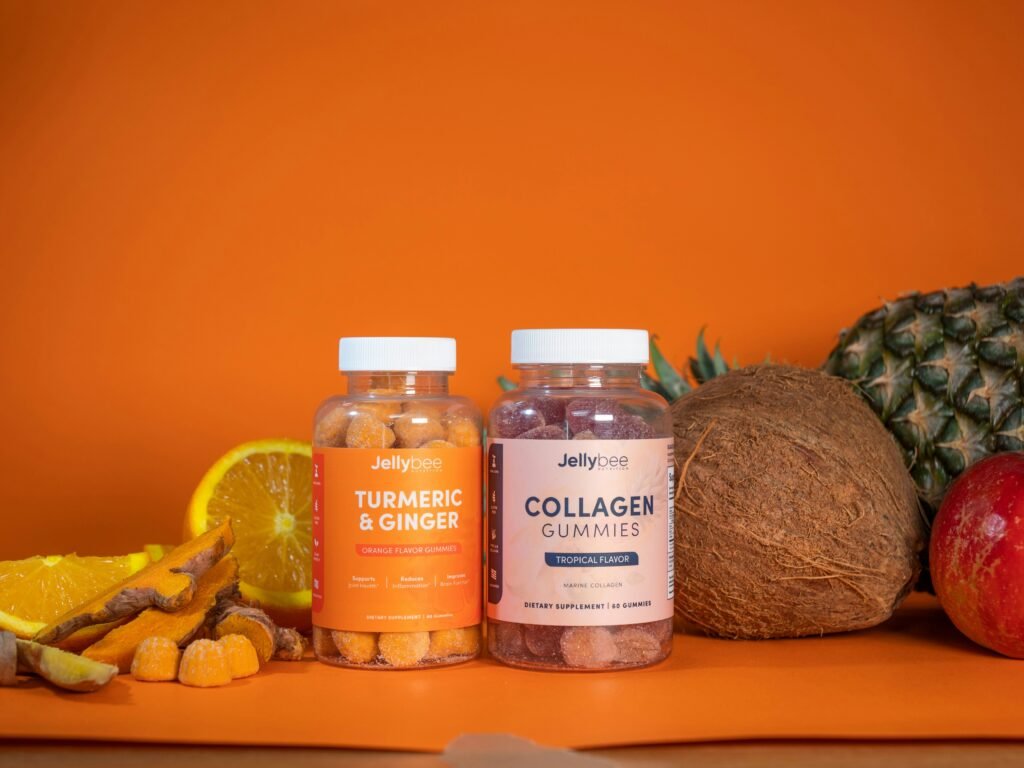
FAQ: Skin Glycation
Q: What exactly is skin glycation?
Glycation occurs when sugar in the bloodstream binds to proteins like collagen and elastin, harming them and leading to visible signs of ageing, such as wrinkles and sagging.
Q: How does glycation affect my skin?
Glycation damages the proteins that keep your skin firm and elastic. This leads to wrinkles, sagging, loss of radiance, and increased vulnerability to damage.
Q: Can I prevent skin glycation?
While some glycation is natural, you can slow it down by limiting sugar intake, using skincare with antioxidants and AGE-blockers, and considering professional treatments.
Q: What skincare ingredients fight glycation?
Look for antioxidants like vitamins C and E and AGE inhibitors like aminoguanidine and carnosine. Deep hydration is also essential.
Q: Are there treatments to reverse glycation damage?
Yes! Chemical peels, laser therapy, and microneedling can help boost collagen production and improve skin texture, minimising the visible effects of glycation.
